Key Takeaways of Supplements for Liver Disease in Dogs and Cats
- Milk thistle and SAMe are among the most effective supplements for liver health in pets.
- Early diagnosis of liver disease can significantly improve your pet's prognosis.
- Symptoms of liver disease in pets include jaundice, lethargy, and loss of appetite.
- Natural remedies can complement conventional treatments for liver disease.
- Always consult your vet before introducing any new supplements to your pet's diet.
Best Supplements for Managing Liver Disease in Dogs & Cats
Managing liver disease in dogs and cats can be challenging, but the right supplements can make a significant difference. In this article, we'll explore the best supplements for liver health, how to recognize liver disease in your pets, and the importance of early diagnosis.
Signs Your Pet May Have Liver Disease
Liver disease in pets can manifest in various ways. It's crucial to be vigilant and recognize the early signs to seek timely intervention. Some common symptoms include:
- Yellowing of the skin or eyes (jaundice)
- Loss of appetite
- Lethargy or fatigue
- Vomiting or diarrhoea
- Increased thirst and urination
Importance of Early Diagnosis
Early diagnosis of liver disease is crucial. When caught in the initial stages, liver disease can often be managed effectively with a combination of dietary changes, medications, and supplements. Besides that, early intervention can prevent the disease from progressing to a more severe stage.
Regular veterinary check-ups and blood tests can help detect liver issues before they become severe. Therefore, always keep an eye on your pet's health and consult your vet if you notice any unusual symptoms.
Understanding Liver Disease in Pets
Common Causes of Liver Disease
Liver disease in dogs and cats can be caused by various factors, including:
- Infections (bacterial, viral, or fungal)
- Genetic predisposition
- Toxins or poisons
- Poor diet or obesity
- Medications
Understanding the root cause of liver disease in your pet is essential for effective treatment. Your vet can perform diagnostic tests to identify the underlying cause and recommend the best course of action.
Symptoms to Watch For
Besides the common symptoms mentioned earlier, there are other signs that may indicate liver disease in pets. These include:
- Swollen abdomen
- Confusion or disorientation
- Seizures
- Weight loss
- Dark-coloured urine
When to Consult Your Veterinary Surgeon
If you suspect that your pet may have liver disease, consult your vet immediately. They can perform a thorough examination and run diagnostic tests to determine the severity of the condition. Based on the results, your vet will recommend an appropriate treatment plan, which may include dietary changes, medications, and supplements.
Conventional vs. Natural Treatments
A holistic approach to treating elevated liver enzymes can significantly improve liver function and overall health. Treatment often involves a combination of dietary changes, the best liver supplements for dogs, and medications. When it comes to treating liver disease in pets, there are both conventional and natural treatment options available. Each has its own set of benefits and drawbacks.
Overview of Conventional Treatments
Conventional treatments for liver disease typically include medications and dietary changes. Medications may be prescribed to manage symptoms, reduce inflammation, and support liver function. In some cases, surgery may be necessary to remove tumours or blockages affecting the liver.
The Benefits of Natural Remedies
Natural remedies can complement conventional treatments and support overall liver health. Supplements such as Milk thistle, SAMe, and dandelion root have been shown to protect liver cells, reduce inflammation, and promote regeneration. These natural remedies can help detoxify the liver and improve your pet's quality of life.
Milk Thistle (Silymarin)
Milk thistle is one of the most well-known supplements for liver health in pets. The active ingredient, silymarin has powerful antioxidant and anti-inflammatory properties. It helps protect liver cells from toxins and promotes their regeneration. Milk thistle can be particularly effective for pets suffering from liver diseases like hepatitis or fatty liver disease. By reducing inflammation and oxidative stress, it supports overall liver function and helps improve your pet's quality of life. JP's Milk thistle supplements are very for dog and cat.

S-Adenosylmethionine (SAMe)
SAMe, short for S-Adenosylmethionine, is another highly recommended supplement for liver health. It works by boosting the levels of glutathione, a potent antioxidant that detoxifies the liver and protects its cells from damage. SAMe is often prescribed by vets to help manage elevated liver enzymes and promote liver cell regeneration. It is considered safe and effective for both dogs and cats, making it a valuable addition to any liver health regimen.
Omega-3 Fatty Acids
Omega-3 fatty acids, found in fish oil, are essential for reducing inflammation and supporting liver health. These fatty acids help improve liver function by reducing oxidative stress and promoting healthy cell membranes. Adding omega-3 supplements to your pet's diet can help manage symptoms of liver disease and improve overall health. They are particularly beneficial for pets with inflammatory liver conditions, as they help reduce inflammation and support healing.

Dandelion Root
Dandelion root is a natural herb known for its detoxifying properties. It supports liver health by promoting bile production, which aids in the digestion and elimination of toxins. Dandelion root also has diuretic properties, helping to flush out excess fluids and reduce liver congestion.
This supplement can be especially beneficial for pets with liver disease, as it helps detoxify the liver and improve its function. Always consult your vet before introducing dandelion root to your pet's diet to ensure it is safe and appropriate for their specific condition.
Vitamin E
Vitamin E is a powerful antioxidant that helps protect liver cells from oxidative damage. It supports overall liver health by reducing inflammation and promoting cell regeneration. Vitamin E can be particularly beneficial for pets with chronic liver disease, as it helps manage symptoms and improve liver function.
- Protects liver cells from oxidative damage.
- Reduces inflammation.
- Promotes cell regeneration.
When choosing a vitamin E supplement for your pet, opt for high-quality products specifically formulated for pets. Consult your vet to determine the appropriate dosage and ensure it is safe for your pet's specific condition.
Choosing the Right Supplement
Choosing the right supplement for your pet's liver health can be challenging, but it is crucial for effective management of liver disease. Here are some factors to consider when selecting a supplement:
Factors to Consider
When selecting a liver supplement for your pet, consider the following factors:
- The specific liver condition your pet is experiencing
- Your pet's age, weight, and overall health
- The quality and purity of the supplement
- Any potential interactions with other medications your pet is taking
It's essential to consult your vet before introducing any new supplements to your pet's diet. They can help you choose the most appropriate supplement based on your pet's specific needs and condition.
Quality and Safety Standards
When selecting a liver supplement, it's crucial to choose high-quality products that meet safety standards. Look for supplements that are:
- Manufactured by reputable companies
- Tested for purity and potency
- Free from harmful additives and contaminants
- Specifically formulated for pets
How to Administer Supplements
Administering supplements to your pet can be straightforward if you follow the right steps. Here are some tips to help you get started:
Proper Dosage
Determining the proper dosage for your pet is crucial for the supplement's effectiveness. Always follow your vet's recommendations and the instructions on the supplement packaging. Overdosing can lead to adverse effects, while underdosing may not provide the desired benefits.
Methods of Administration
There are several ways to administer supplements to your pet, including liver supplements for dogs and cats.
- Mixing the supplement with your pet's food
- Using a pill pocket or treat to hide the supplement
- Administering liquid supplements directly into your pet's mouth
- Using a syringe for liquid supplements
Choose the method that works best for your pet and ensures they receive the full dosage of the supplement. Some pets may be more receptive to certain methods, so it's essential to find what works best for them.
Monitoring Your Pet's Progress
Regular monitoring is essential to assess how well the supplements are working. Keep an eye on your pet's symptoms and overall health. Look for improvements in energy levels, appetite, and behaviour.
Schedule follow-up appointments with your vet to evaluate your pet's progress. Your vet may recommend blood tests or other diagnostic tests to monitor liver function and adjust the treatment plan as needed.
Maintain a journal to track your pet's symptoms, supplement dosages, and any changes in their health. This information can be valuable for your veterinarian when assessing the effectiveness of the treatment.
- Track symptoms and overall health
- Schedule regular vet check-ups
- Keep a health journal
Additional Tips for Supporting Liver Health
Besides supplements, there are other ways to support your pet's liver health. Here are some additional tips to help improve their overall well-being:
Diet and Nutrition
A balanced diet is crucial for liver health. Feed your pet a fresh, low-fat diet rich in fibrous vegetables and omega-3 fatty acids. Avoid processed foods and treats high in fat and sugar. Consult your vet for specific dietary recommendations tailored to your pet's needs.
Regular Check-Ups
Regular veterinary check-ups are essential for monitoring your pet's liver health. Schedule routine blood tests and exams to detect any issues early and adjust the treatment plan as needed. Early intervention can significantly improve your pet's prognosis.
Exercise and Lifestyle
Regular exercise is essential for maintaining your pet's overall health and supporting liver function. Encourage your pet to stay active with daily walks, playtime, and engaging activities. A healthy lifestyle can help prevent obesity and other health issues that can impact liver function.
Frequently Asked Questions (FAQs)
Can supplements cure liver disease in pets?
Supplements cannot cure liver disease, but they can help manage symptoms and support liver function. They are most effective when used in conjunction with conventional treatments and a comprehensive care plan.
- Supplements support liver health
- They help manage symptoms
- Consult your vet for a complete treatment plan
It's essential to work closely with your vet to develop a treatment plan that includes supplements, dietary changes, and regular check-ups.
How long before I see improvements in my pet?
The time it takes to see improvements in your pet's health can vary depending on the severity of the liver disease and the effectiveness of the treatment plan. Some pets may show signs of improvement within a few weeks, while others may take longer. Regular monitoring and follow-up appointments with your vet are crucial to assess progress and adjust the treatment plan as needed.
Are natural treatments safe for all pets?
Natural treatments can be safe and effective for many pets, but it's essential to consult your vet before introducing any new supplements. Some natural remedies may interact with medications or be unsuitable for pets with specific health conditions. Your vet can help you determine the most appropriate and safe treatments for your pet's needs.
Can I give my pet multiple supplements?
It's possible to give your pet multiple supplements, but it's essential to consult your vet first. They can help you determine the appropriate dosages and ensure that the supplements do not interact negatively with each other or with any medications your pet may be taking.
By following these guidelines and working closely with your vet, you can help support your pet's liver health and improve their overall well-being. Always prioritize your pet's health and consult your vet before making any changes to their diet or treatment plan.
Dr Paul Boland BVSc MRCVS





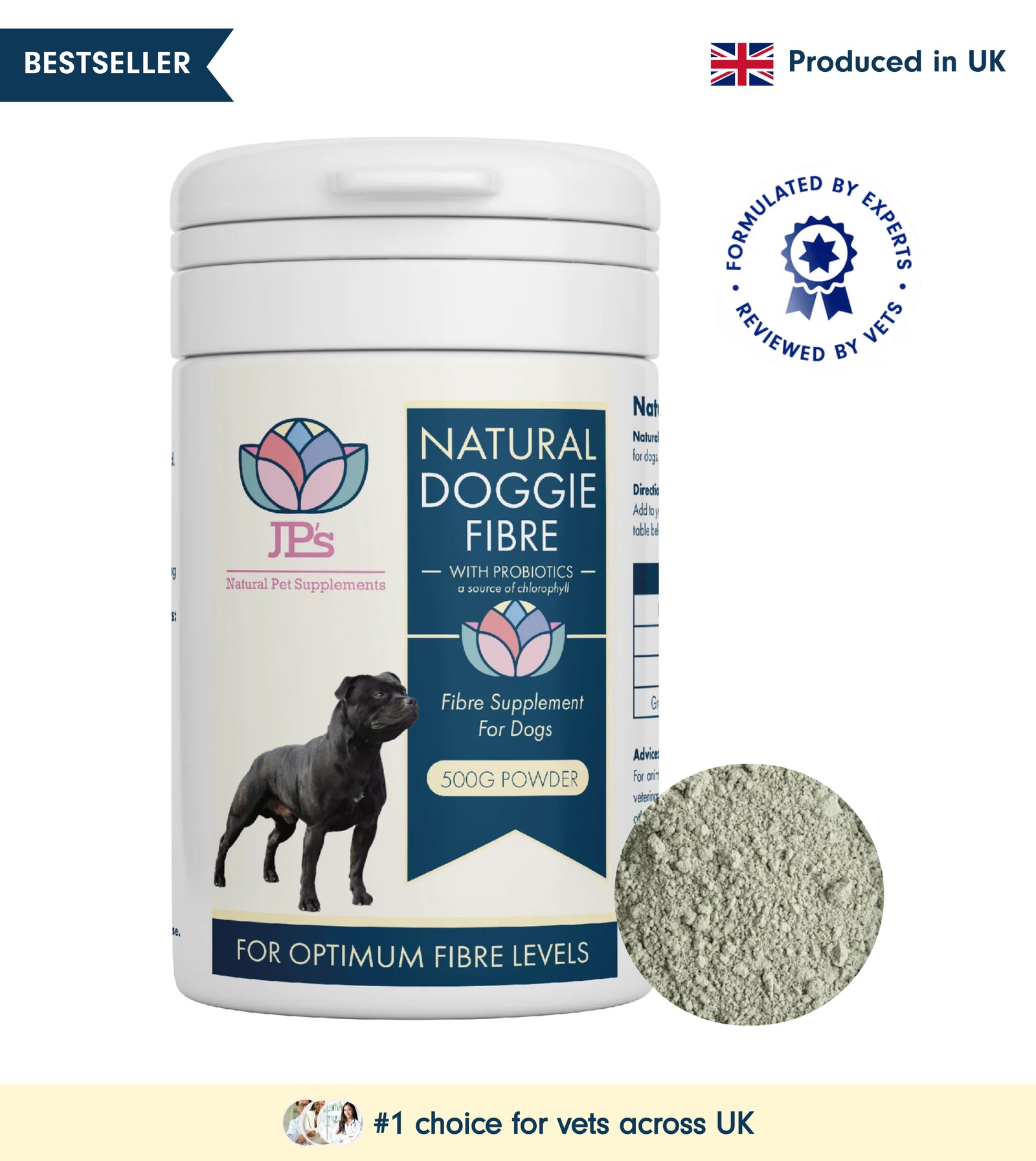
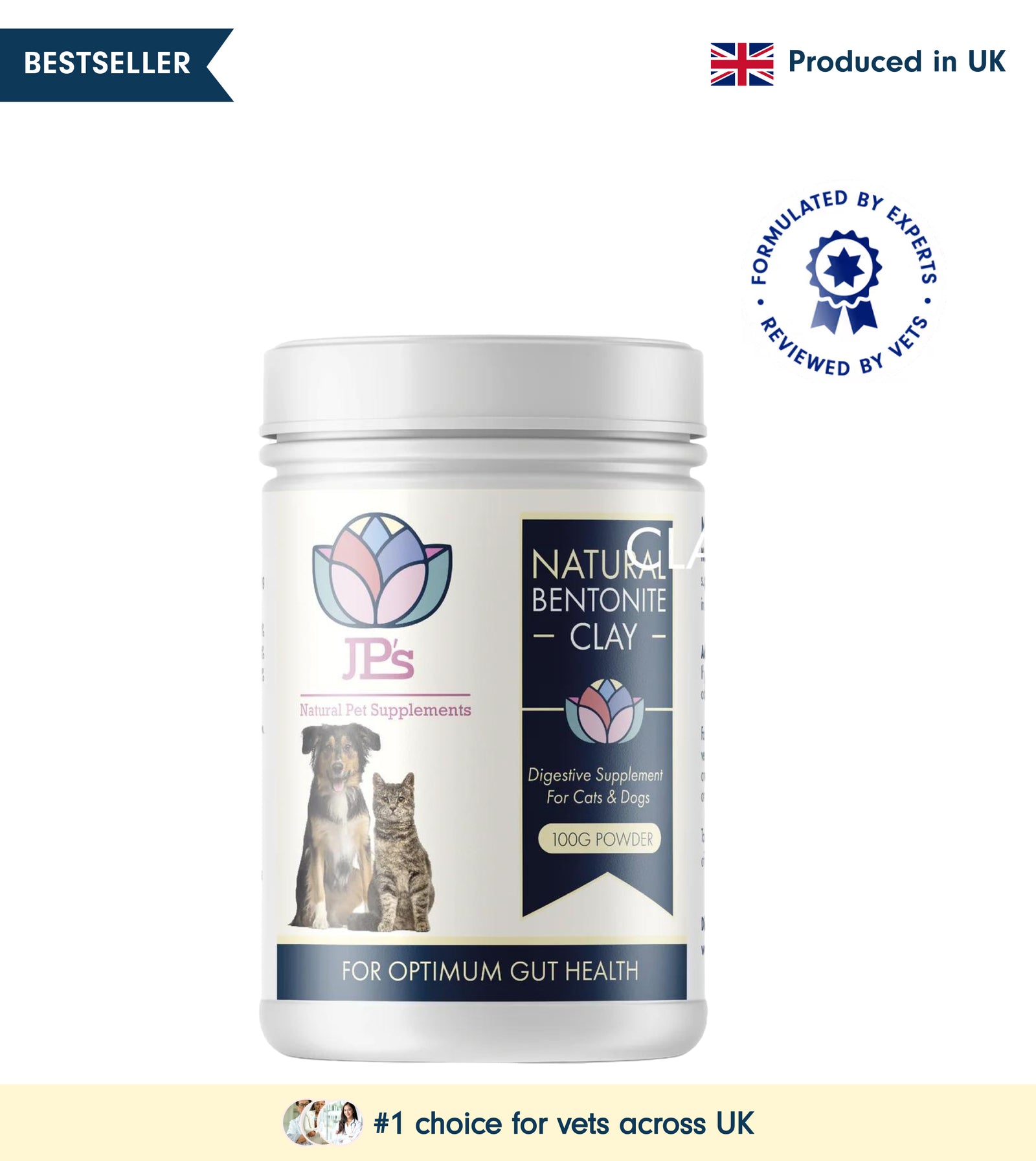
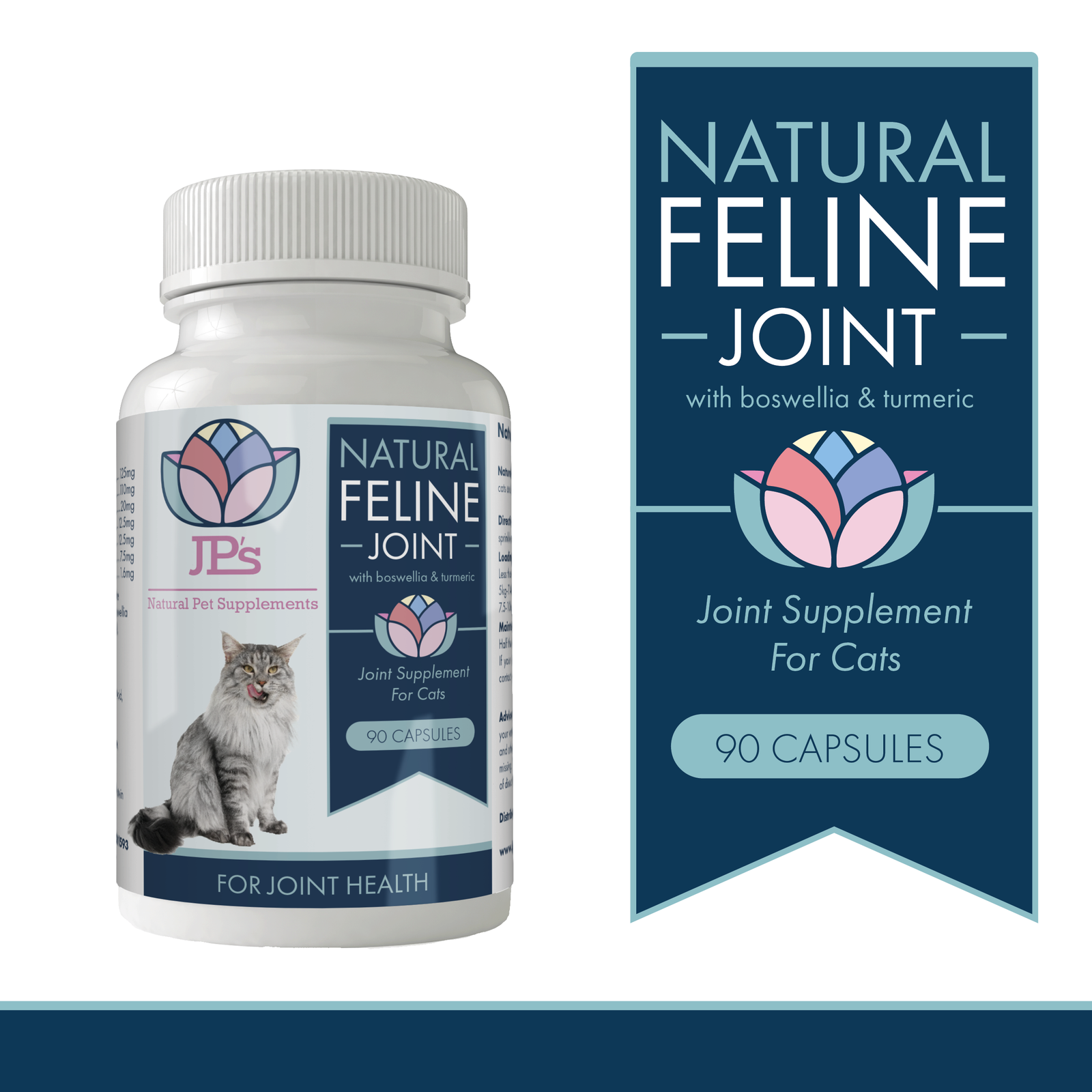
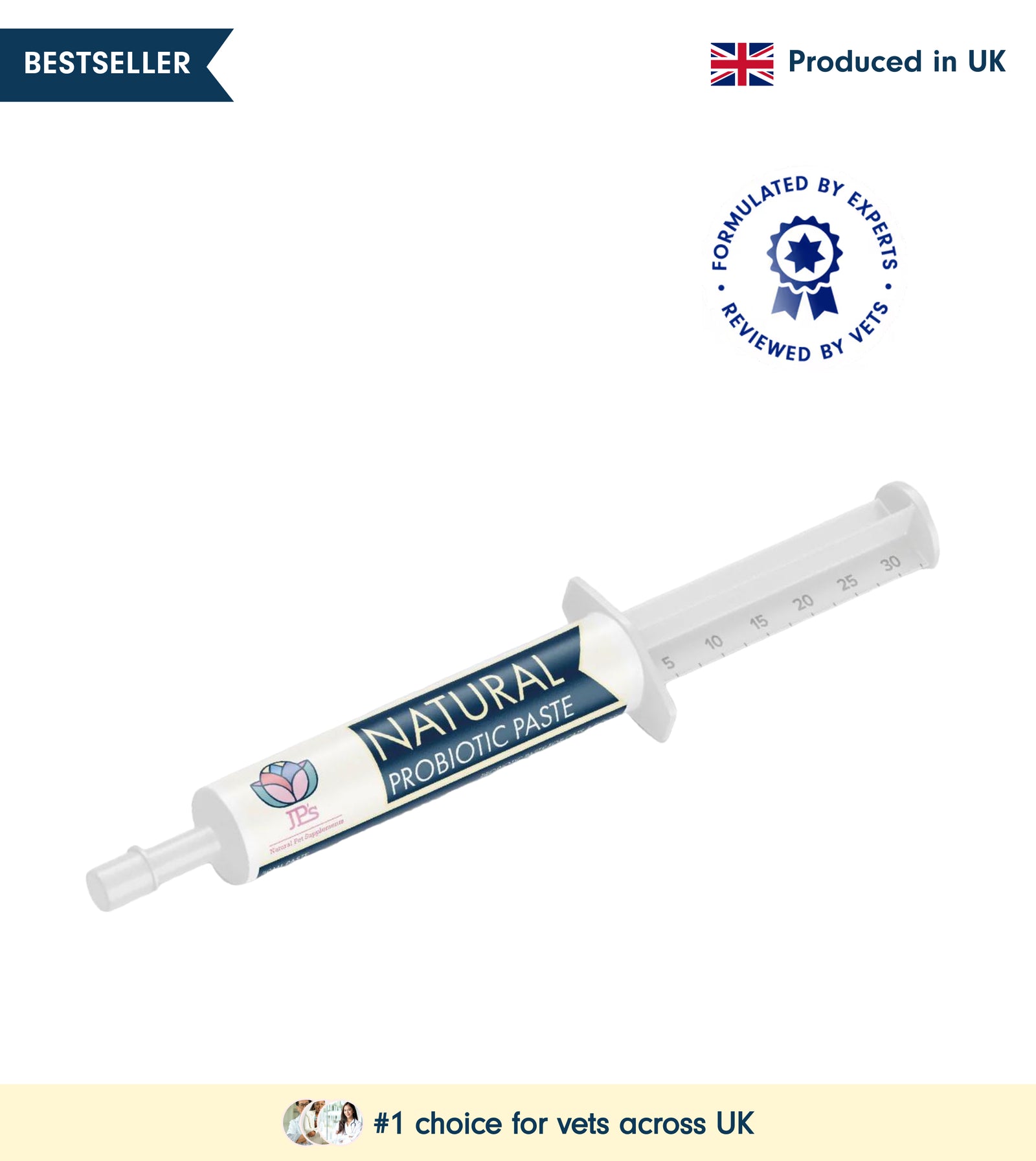
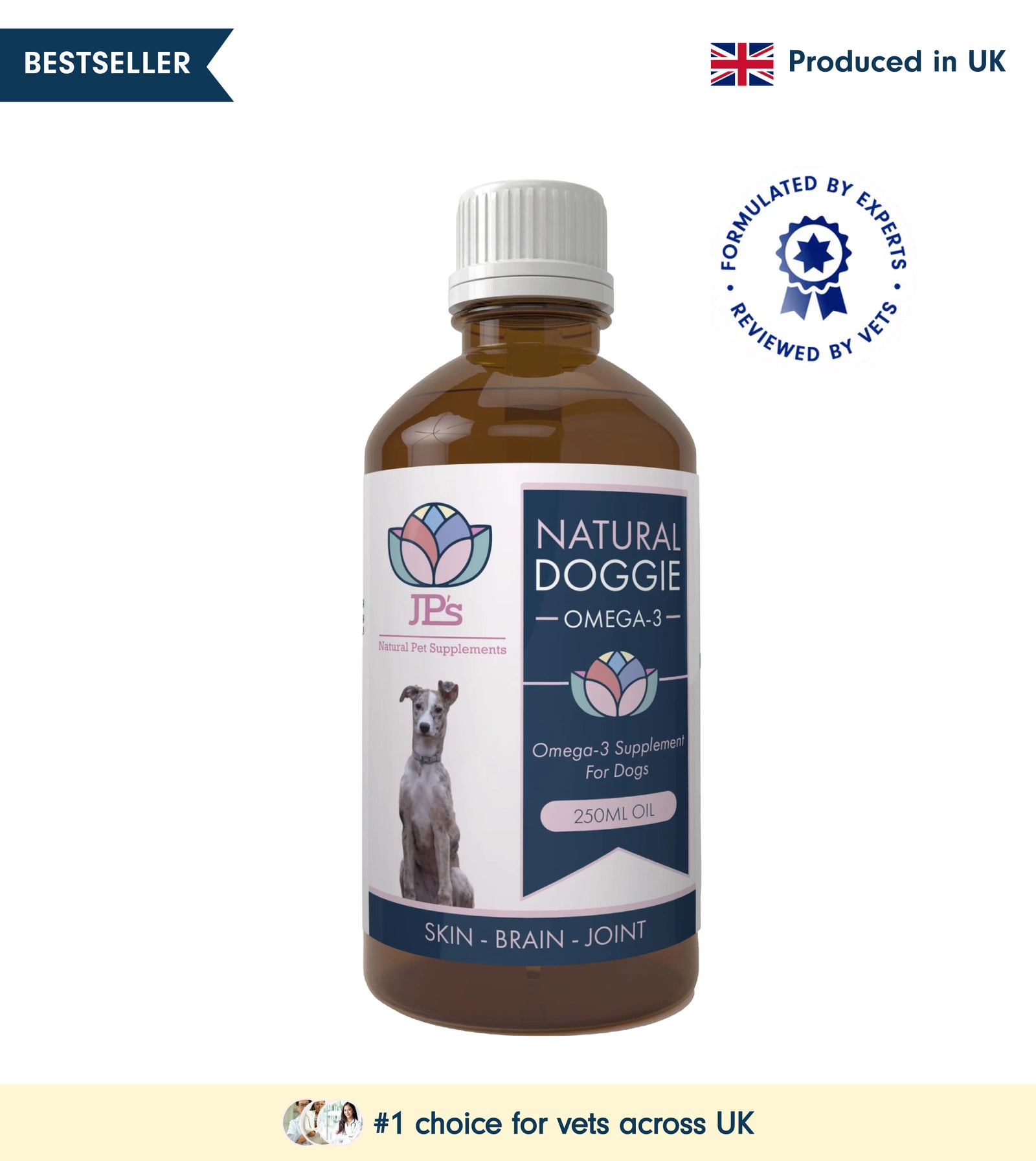
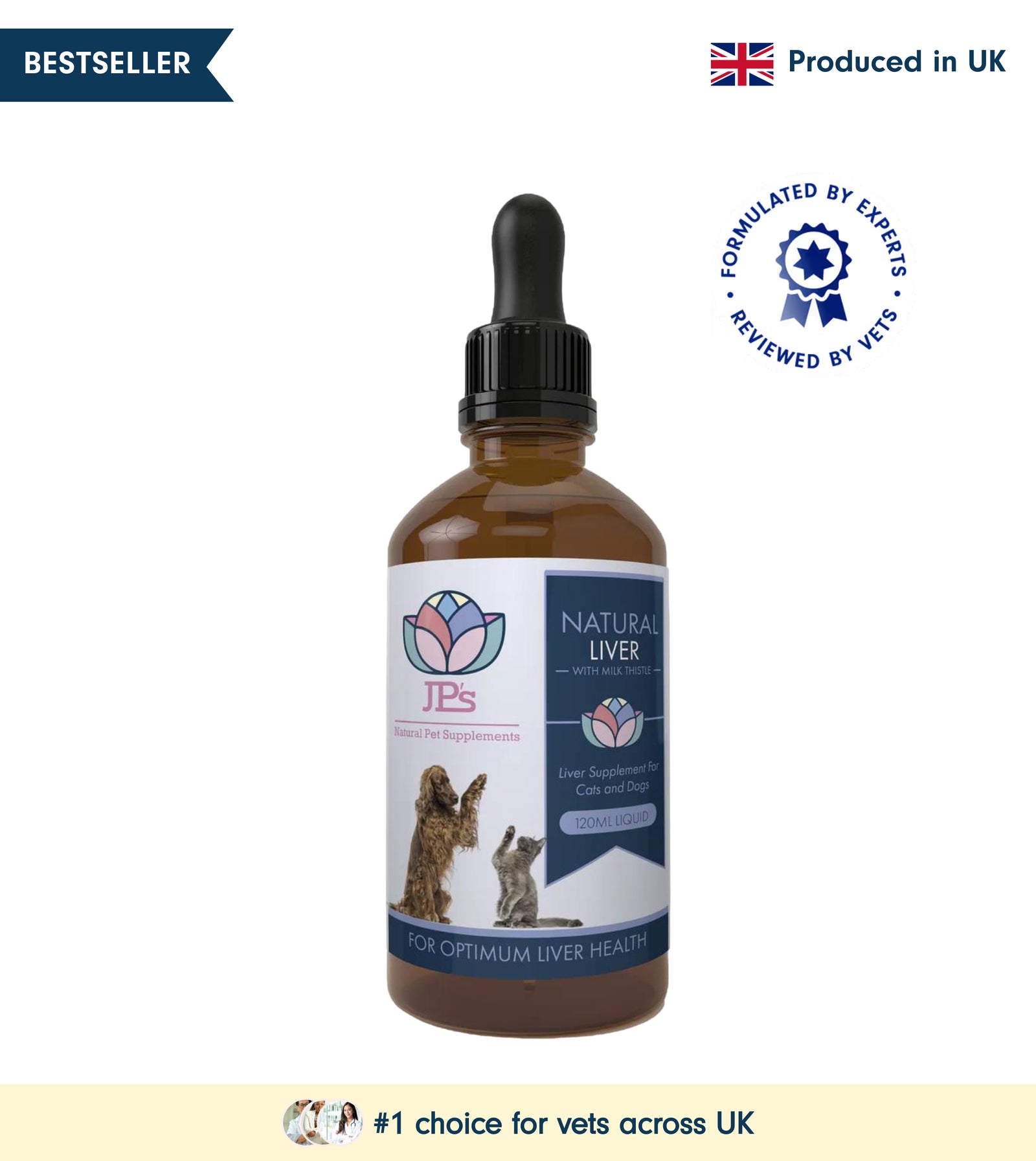
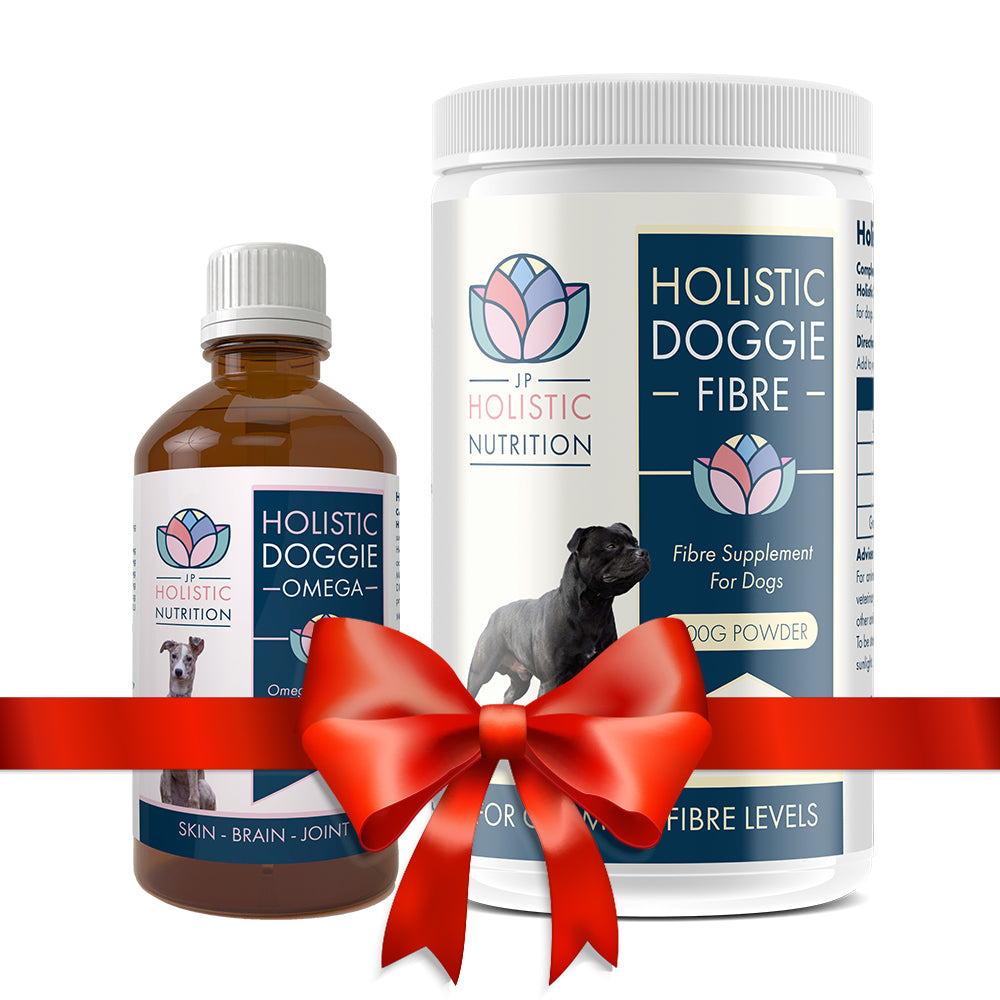
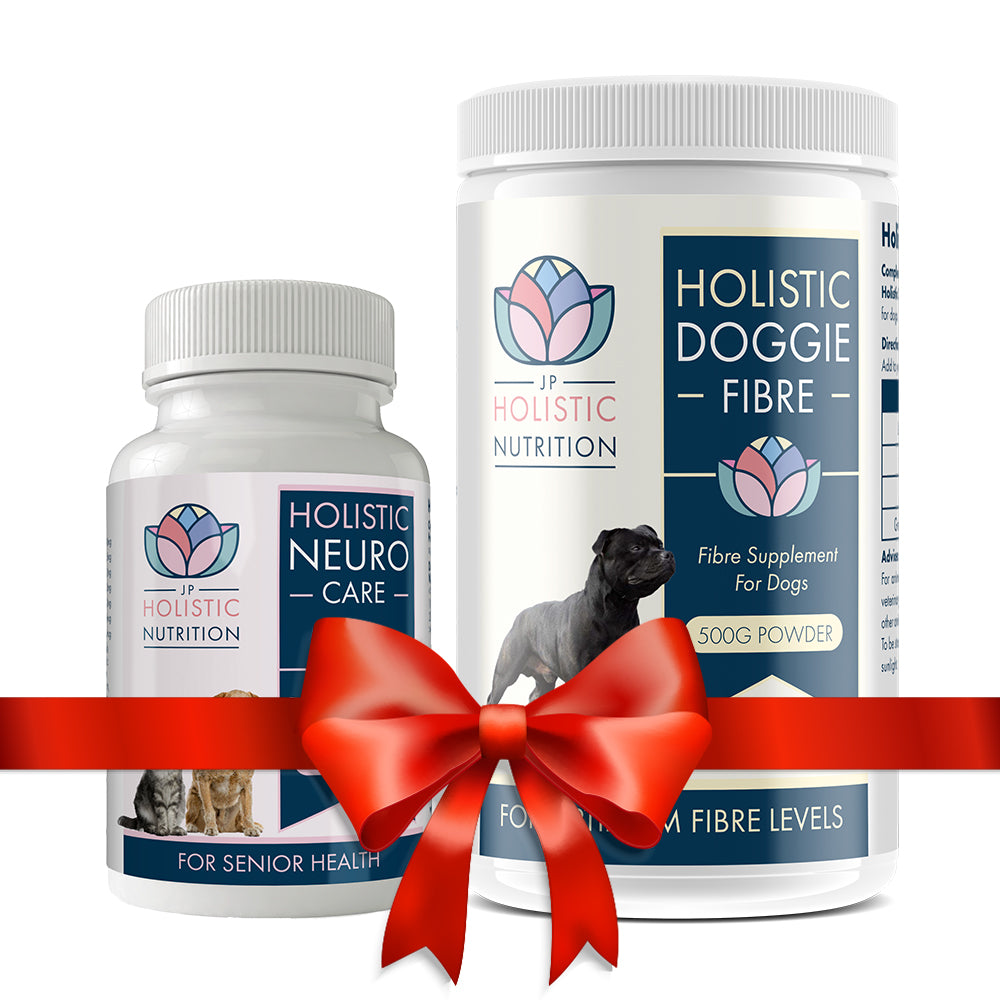
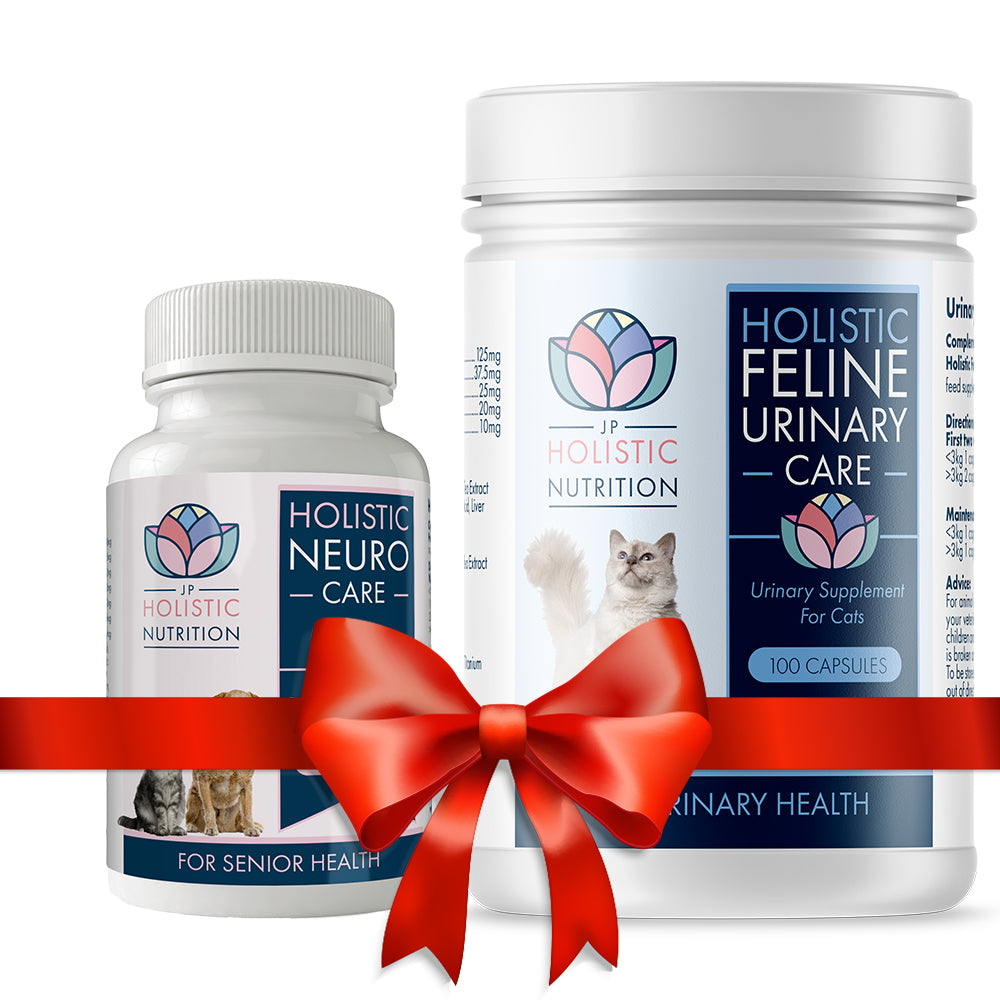
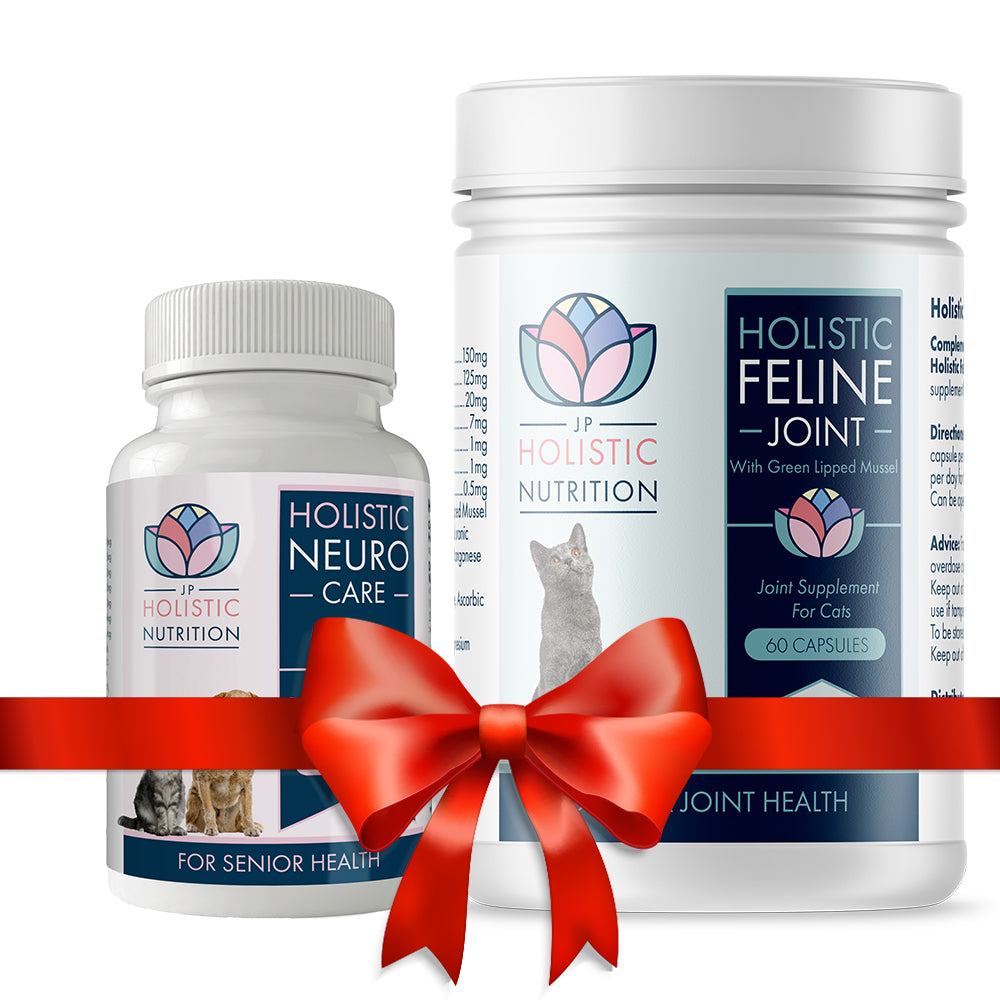




Leave a comment (all fields required)